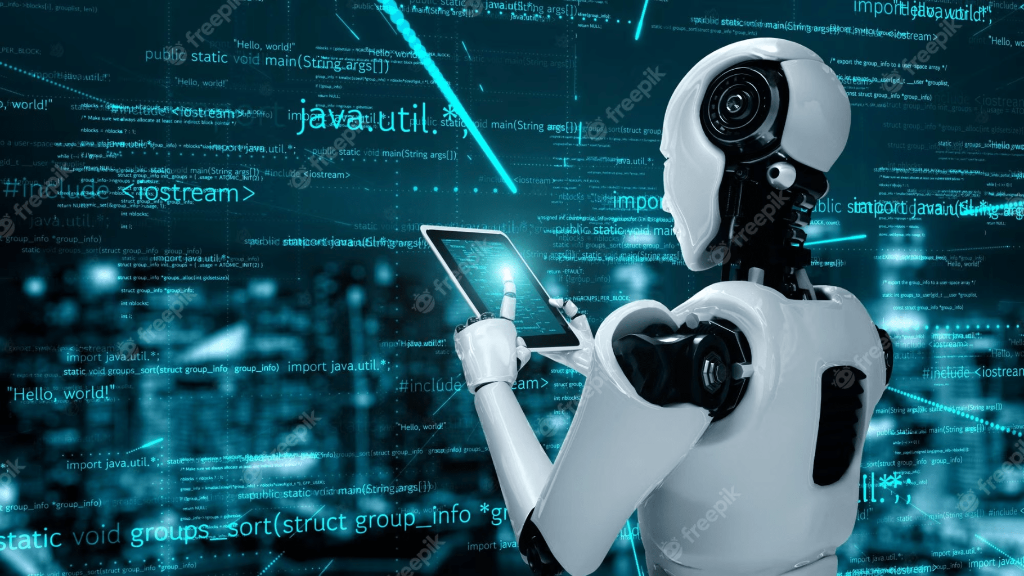
You might wonder if AI is going to take your programming job from you. Let's take a realistic look at this.
AI and Programming
Artificial Intelligence (AI) is one of the most promising fields of technology, with the potential to revolutionize the way we work, live and interact with the world. One of the areas where AI is having a significant impact is programming, where AI algorithms can generate code more efficiently than humans.
As AI technology advances, the question arises: Could AI put programmers out of a job? Let's explore the various ways in which AI could replace or reduce the need for programmers, and the potential implications of this trend.
The Rise of AI Programming
AI programming involves using AI algorithms to generate code, debug, and optimize it without human intervention. This technology has been evolving rapidly, and there are already tools available that can generate code based on natural language inputs or visual descriptions.
Microsoft's DeepCoder is an AI tool that can generate code snippets based on input-output pairs. Other tools like OpenAI's GPT-3 can generate entire programs from natural language prompts.
I, for one, have used tools with AI to help me in programming. They are getting faster and easier to use than StackOverflow.com and other question and answer websites.
The Potential for Reduced Programmer Demand
The rise of AI programming could lead to reduced demand for human programmers, as AI algorithms can generate code more efficiently than humans. While some jobs may still require human intervention, the vast majority of routine programming tasks could be automated. This could lead to a shift in the job market, with many programmers becoming redundant.
The Challenges of AI Programming
While AI programming has made significant progress in recent years, there are still several challenges that must be addressed before AI can completely replace human programmers. For one, current AI algorithms are often limited in their scope and may not be able to handle complex programming tasks. Additionally, AI-generated code may not always be reliable or efficient, and may require human intervention to debug or optimize.
The Implications for the Job Market
The potential impact of AI on the job market is a complex issue, with both positive and negative outcomes. On the one hand, AI could lead to increased productivity and efficiency, with software being developed at a faster rate and at a lower cost.
On the other hand, it could lead to job losses, especially in the programming and software development sectors. This could have significant social and economic consequences, as many people may find themselves without work.
The Role of Human Programmers
Despite the potential for AI to automate many programming tasks, there will still be a need for human programmers, especially in areas that require creativity, critical thinking, and problem-solving skills. Human programmers are also needed to oversee and manage the AI algorithms, ensuring that they operate correctly and generate reliable and efficient code.
AI is rapidly evolving and has the potential to revolutionize the programming and software development industry. While AI could reduce the need for human programmers, there will still be a need for human intervention in many programming tasks.
The impact of AI on the job market is a complex issue, and it remains to be seen how it will play out in the long term. However, it is clear that AI will continue to shape the future of programming and software development, and human programmers will need to adapt and evolve to keep pace with these changes.
In the short term, utilize AI to make you a better programmer. In the long term, yeah, AI will probably take over most programming jobs. But not for a few decades.
Online writer since 2008. I enjoy writing and have written nearly a thousand tech related articles about electric vehicles, software, tech companies, hardware, gaming, tech related products, and company developments in tech.
